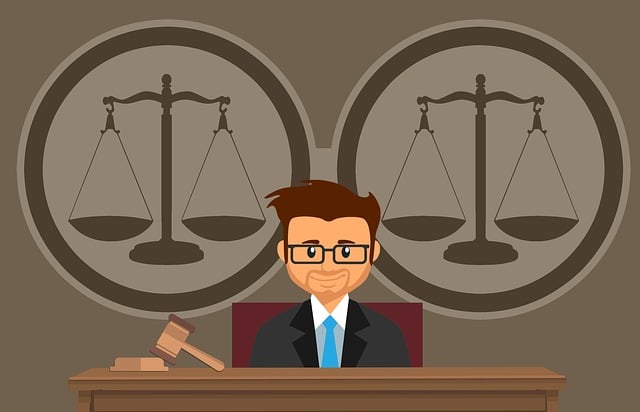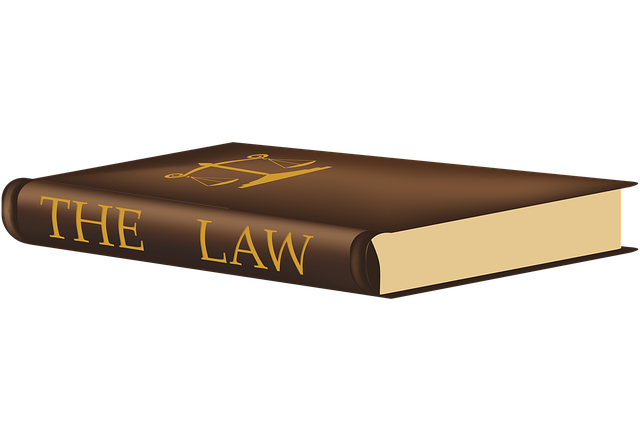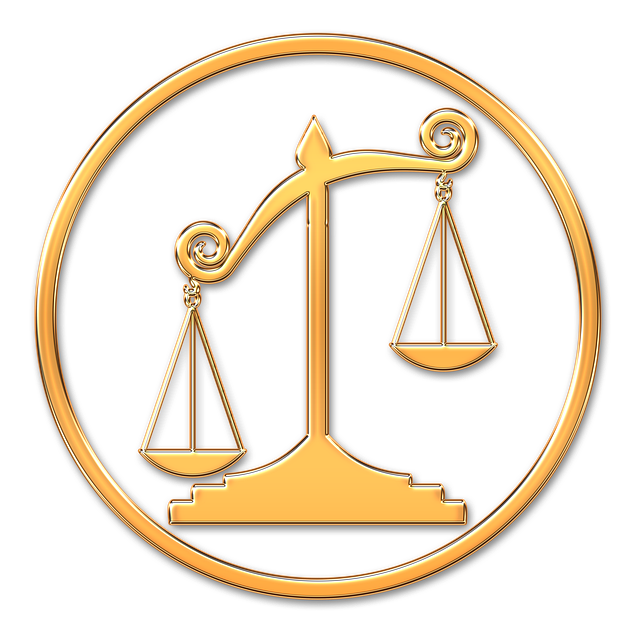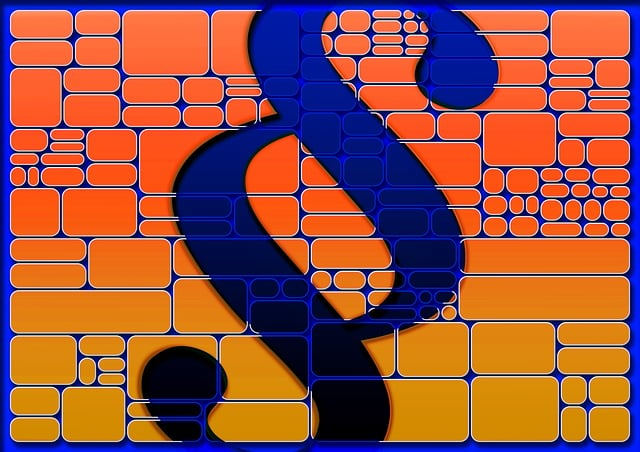In disputed personal injury cases, meticulous evidence evaluation, including medical records, eyewitness testimonies, and expert opinions, is vital for favorable personal injury case results. Jurors rely on these to determine fault, negligence, and damages, with competent legal representation guiding the process to secure compelling arguments based on law and facts.
In personal injury cases where liability is disputed, achieving a favorable outcome requires meticulous evaluation of evidence. This article delves into the intricate process of navigating these complex scenarios. We explore the significance of expert testimonies and medical records in unraveling key aspects of the case. Additionally, we dissect the juror decision-making process, highlighting potential outcomes and strategies for success in personal injury case results.
- Evaluating Evidence in Disputed Liability Cases
- Role of Expert Testimonies and Medical Records
- Juror Decision-Making Process and Possible Outcomes
Evaluating Evidence in Disputed Liability Cases

In personal injury case results where liability is disputed, a thorough evaluation of evidence becomes paramount. The process involves meticulous scrutiny of all available information, including but not limited to medical reports, eyewitness testimonies, and surveillance footage. Each piece of evidence must be carefully assessed for its relevance and weight, as even seemingly insignificant details can significantly sway the outcome. Legal professionals engaged in such cases often employ expert witnesses who can interpret complex data or offer specialist opinions, thereby enhancing the persuasiveness of their arguments.
Disputed liability in personal injury cases often boils down to a breach of contract or agreement between parties involved. In auto accident injuries or truck accident scenarios, for instance, determining fault might hinge on contractual obligations regarding safety standards, maintenance, or driving practices. A competent truck accident attorney would delve into these aspects, presenting a compelling case that leverages the relevant laws and facts to achieve favorable personal injury case results for their client.
Role of Expert Testimonies and Medical Records
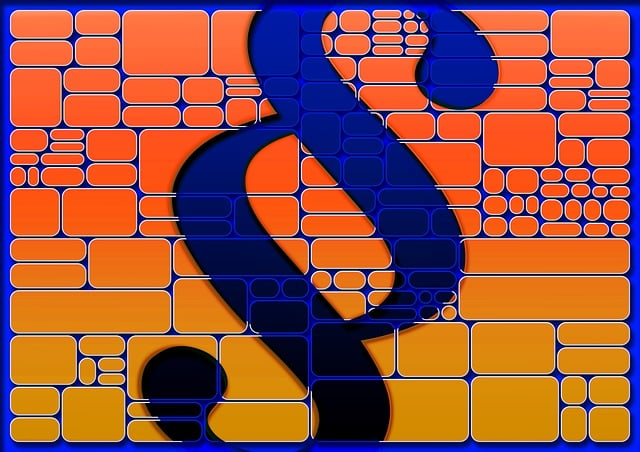
In personal injury case results where liability is hotly contested, expert testimonies and medical records often play a pivotal role in swaying public opinion and judicial decisions. These documents provide a detailed account of the incident, the extent of injuries sustained, and the causation behind them. In cases like nursing home neglect or truck accidents, where complex medical issues are involved, experienced professionals offer crucial insights that can be instrumental in securing favorable personal injury case results for plaintiffs.
Medical records serve as a reliable narrative of a patient’s history, diagnosis, treatment, and prognosis. Expert witnesses, such as doctors, nurses, or specialized researchers, interpret these records to explain complex medical concepts to judges and juries. This clarification helps ensure that the legal system understands the intricacies of the case, enabling fair and informed decisions in personal injury cases—including those involving negligence in nursing homes or serious accidents caused by trucks. Effective legal representation hinges on effectively utilizing these resources to present a compelling argument for compensation.
Juror Decision-Making Process and Possible Outcomes

In a personal injury case where liability is disputed, the jury plays a pivotal role in the decision-making process. Jurors are tasked with examining the evidence presented by both parties, delving into the intricacies of the incident and determining fault. They must consider all factors, including negligence, contributory behaviour, and the extent of damages, to arrive at a verdict that reflects justice. The outcome can range from favourable personal injury case results for the plaintiff, securing accident compensation, to decisions in favour of the defendant, especially when dealing with complex cases involving defective products or nursing home abuse.
The jury’s decision-making is influenced by legal guidance, witness testimonies, and the presentation of evidence. They may find in favour of the plaintiff if they believe the defendant was negligent and responsible for the harm caused. Conversely, if the jurors find that the plaintiff contributed to the accident or cannot prove damages beyond doubt, the case might be decided in the defendant’s favour. These outcomes underscore the importance of a comprehensive understanding of the facts and legal principles in personal injury cases.
In personal injury case results where liability is hotly disputed, a thorough evaluation of evidence, including expert testimonies and medical records, is paramount. The complexity of these cases often hinges on the juror’s decision-making process, which considers all presented information to render a verdict. Understanding the intricate interplay between these factors can provide valuable insights into potential outcomes, ultimately helping parties navigate the complexities of disputed liability personal injury cases effectively.
